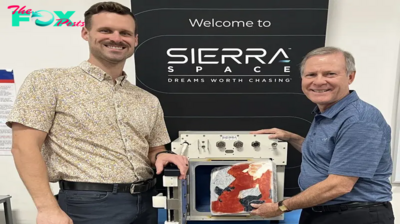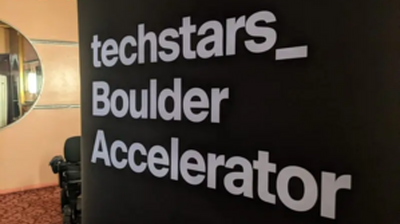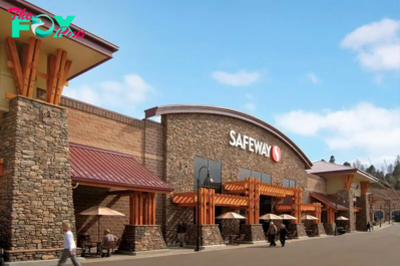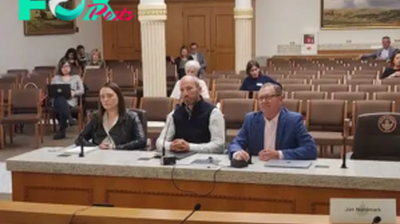Technology
What’s Working: How a Colorado program is linking quantum, space and tech companies to a future workforce
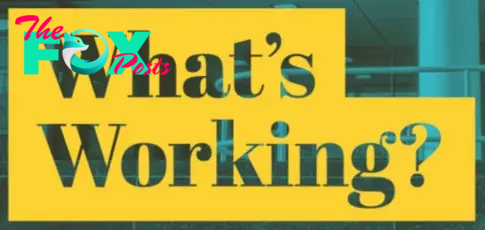
For the first time this summer, Monarch High School teacher Shane Stalter ditched the shorts for pants and button-down shirts. He’d landed a two-month externship, which is essentially an internship for professional teachers.
It happened to be nearby at Sierra Space in Louisville, which he drove past daily during the school year. On site, he got to do things that few high school engineering teachers get to do: be a part of what’s next in technology.
“This is the best professional development that I’ve ever been part of,” said Stalter, who’s been teaching for 25 years and excitedly shared his Sierra experience while trying not to disparage his school’s more mundane professional development offerings.
“What got me excited is that most teachers that teach engineering don’t have engineering degrees,” he said. “A lot of us teach by (steering) students towards the college programs. We try to mimic what the college programs do,” he said. “But, wow, what a connection to go straight to the career, where these (students) are going to be in four, five, six years. To get that experience and bring that to the classroom, that’s kind of what my goal was.”
Stalter’s experience was made possible partly because of House Bill 1198, which passed last year to give Colorado teachers hands-on experience in Science, Technology, engineering and math, or STEM, careers. When they take that practical experience back to the classroom, teachers are just better equipped to share what it’s really like to work in such jobs. But Colorado’s K-12 Teacher Externship program also relies on Businesses to hire the externs. So far, 37 teachers and 14 Businesses, or hosts, on the Front Range have participated. The hope is to expand into rural communities and attract more Businesses.
“I got well over 100 teachers that were interested right off the bat in learning more,” said Kelly Reeser, the labor department’s Teacher Externship Grant coordinator. “There’s definitely demand from the teaching side to create more opportunities. We’re just trying to get more businesses lined up.”
What’s in it for extern employers?
Businesses are finding it rewarding to work with teachers interested in science. But there are other reasons, too, such as accessing the potential workforce pipeline.
“Giving back is great,” said Megan Ivory, an experimental atomic physicist at Sandia National Labs and employer participant. “But on a much more practical level, what we’re seeing, particularly in quantum science, is we have way more jobs than we have people to fill those jobs. Recognizing that quantum science will have an impact on national security, Sandia is fairly motivated to make sure we have workers to fill the jobs so that the U.S. can remain secure.”
Ivory cofounded QCaMP to introduce teachers and students to quantum computing Technology two years ago and hosts it at Sandia’s campus in Albuquerque. QCaMP — a clever acronym for quantum, computing, math and physics — opened to Colorado teachers this year because of the state’s recent designation as a U.S. Tech Hub for quantum computing. Tapping high school teachers is strategic, said Ivory, a minority in the world of mostly male physicists. This reaches into a more diverse audience, she said, “before these students self-select out” in college.
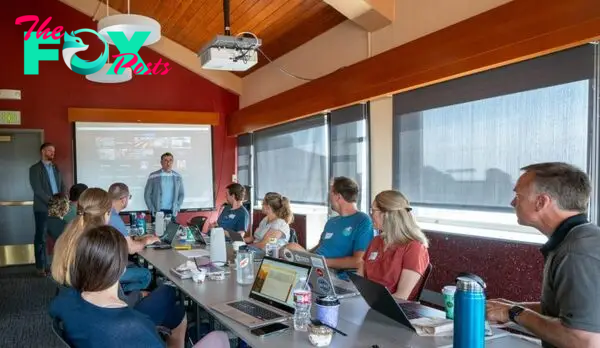
Math teacher Rachelle Lieberman figured she’d get insight into real-world quantum-technology applications at QCaMP, which she virtually attended during her externship. But as someone who teaches “the highest level math class you can take in my school and the lowest level math class,” the biggest takeaway during the three-day camp had little to do with academia.
“I truly believe after QCaMP that there is a place for every single one of my students in the quantum field,” said Lieberman, who teaches at Centaurus High School in Lafayette. “One thing I found fascinating was that roughly half of the jobs in quantum don’t actually require advanced degrees. To me, that triggered something because I do work with significantly different populations. I have the ability to expose my students to this untapped potential regardless if they get to calculus or not.”
Stalter’s background in computer-aided design fit right in with the work that Alejandro Mendoza, a virtual reality engineer, was doing at Sierra Space. Mendoza was figuring out how to share massive CAD files to give fellow engineers a detailed virtual look at products like Sierra’s Dream Chaser spaceplane. Most engineers can’t open such large files without potentially crashing their computers. But newer technology Sierra’s externship partner, Woburn, Mass.-based iQ3Connect, strips away excess data not needed for a visualization. And with a pair of VR goggles or just a laptop, anyone can fully immerse themselves in the design of the Dream Chaser and seeing everything inside and out and “down to the washer,” Mendoza said.
“What we were doing was actually pretty novel. It’s the next frontier of the capability of these technologies and Shane and I kind of saw the potential and implemented it and proved it could be implemented here,” Mendoza said. “We had people in a shared space literally viewing the ship from different angles and pointing out details across different devices.”
Stalter added an additional edge to the team, “an educator’s perspective,” Mendoza said. “It kind of goes back to the ethos of we’re building this stuff for people to benefit people. And the more perspectives that we can get from unique people, the more refined our design and our capabilities can be.”
Reeser, the labor department’s externship program coordinator, said most externships are paid by the local educator or employer. Teachers receive graduate or professional development credits. Her job includes making sure teachers and businesses can make it work, which can include figuring out insurance, workers’ comp and other work policies.
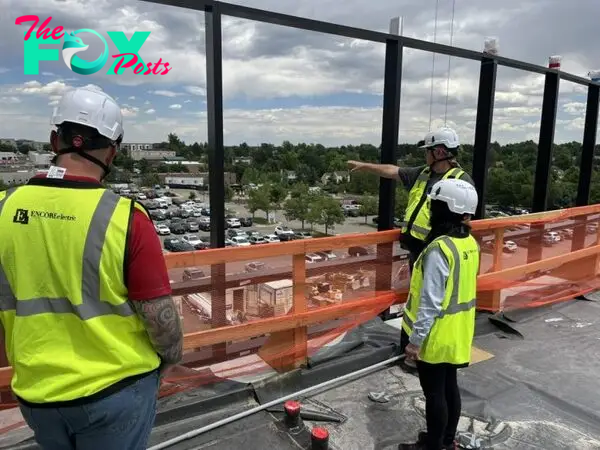
“We did have some cases where (teachers) were going to construction sites and waivers were needed,” she said. “We’re here to make sure that in case anything happens, whose insurance is going to cover it? Is it something the Department of Labor can help with? My goal is to make it as easy as possible for employers to participate. I try to provide the infrastructure, the administrative, the logistical pieces that would allow everybody to move forward.”
While externships do come to an end and teachers go their separate ways, that doesn’t mean goodbye, as in the case of Stalter and Mendoza, at Sierra Space.
“We’re still texting and trying to help him stand up this same capability at his school,” Mendoza said. “Just talking with him, I admire him because this is the teacher I would have loved to have in high school myself.”
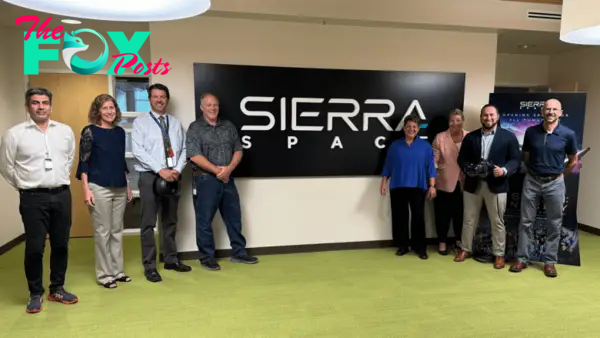
Links:
-

 Technology4h ago
Technology4h agoThere Is a Solution to AI’s Existential Risk Problem
-

 Technology7h ago
Technology7h agoUS pushes to break up Google, calls for Chrome sell-off in major antitrust move | The Express Tribune
-

 Technology10h ago
Technology10h agoPublic health surveillance, from social media to sewage, spots disease outbreaks early to stop them fast
-

 Technology12h ago
Technology12h agoTikTok, PTA host youth safety summit in Pakistan | The Express Tribune
-

 Technology15h ago
Technology15h agoWhy a Technocracy Fails Young People
-

 Technology1d ago
Technology1d agoTransplanting insulin-making cells to treat Type 1 diabetes is challenging − but stem cells offer a potential improvement
-

 Technology1d ago
Technology1d agoJapan's $26 billion deep sea discovery sparks serious environmental concerns | The Express Tribune
-

 Technology1d ago
Technology1d agoShould I worry about mold growing in my home?





